Recent research reveals a potential shift in consumer behaviour, with sustainability poised to influence over 50% of purchasing decisions, marking a significant increase from the current 15%.[1] Where sustainability is taking centre stage, it has emerged as a pivotal metric for evaluating corporate conduct, shaping governance and policy frameworks, and even informing financial strategies. There’s no doubt that companies that embrace sustainability as an integral part of their business model are winning the public sentiment.
One part of the industry that is a particular focus for transformation is the use of materials sourced from forests through the manufacturing process. Forest-based products include natural rubber for shoe soles, paper and packaging, garment tags, retail paper bags, and even the fibre used to make clothes – Man-Made Cellulosic Fibres (MMCF) in particular. With consumers increasingly shying away from synthetic blends, MMCFs have the third largest share in global fibre production after polyester and cotton. In 2021, MMCFs accounted for 6.4% of the total fibre market[1], produced primarily from wood transformed into dissolving wood pulp (DWP) before being processed into various types of MMCF, such as viscose, modal, lyocell, or acetate.
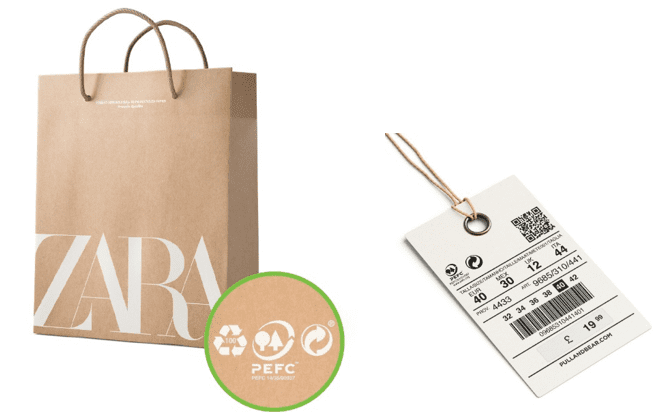
Since the sustainable production of MMCFs begins in the forest, it is crucial for brands to understand the potential risks to forests and take proactive measures to manage and mitigate these risks. However, mapping and monitoring the sourcing choices of suppliers can be a complex and resource-intensive task leading to a fundamental question for retailers: How to guarantee that their raw materials are procured in an environmentally responsible manner?
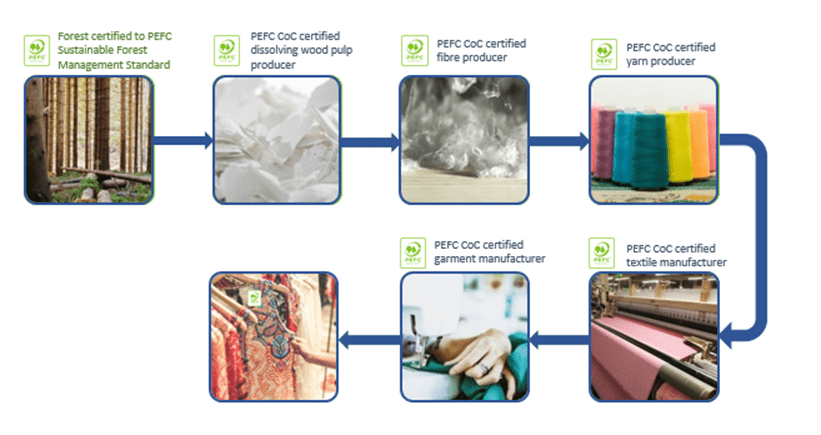
At the forefront of forest materials certification, PEFC (Programme for the Endorsement of Forest Certification) offers industry-leading insights and guidance for retailers. Grounded in the mission to guarantee that products entering the marketplace have been sourced from sustainably managed forests, PEFC provides a strategic and actionable roadmap covering seven essential steps:
- Commit to Sourcing Certification: Embed MMCF sourcing certification into corporate policies to signal taking sustainability seriously to inspire suppliers to prevent greenwashing.
- Require Certified MMCF: Uphold your dedication to sustainable sourcing by requesting certified MMCF materials, particularly from Tier 1 suppliers providing solid evidence to substantiate product claims.
- Prioritise Traceability: Consider the chain of custody certification bolstering transparency and accountability across the supply chain.
- Transparent Communication: Clearly communicate sustainability objectives and timelines to create alignment between your suppliers and sustainability goals, resulting in shared expectations.
- Support Suppliers to Transition: Provide their suppliers with resources, insights and guidance throughout the certification process.
- Leverage API Technology: Streamline the certification process by implementing an API for real-time updates and database integration, enhancing efficiency and accuracy.
- Go Public with Commitments: Openly showcase the work you’re doing demonstrating an authentic commitment that will resonate with customers and stakeholders alike.
Sustainable Fashion in the Spotlight
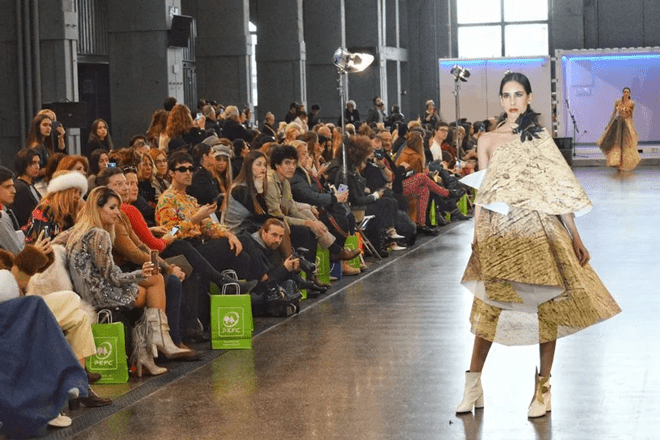
“The connection between our clothes and our impact on the environment doesn’t immediately come to mind. If a jacket or a skirt or a dress looks good, and we can afford it, we buy it. But the environment pays the price.”
Michelle Yeoh, actor and UNDP Goodwill Ambassador highlighted the role that clothing manufacture and consumer fashion can have for a better planet in a video called “Made in Forest,” presented at the High-level Political Forum in New York (2018).
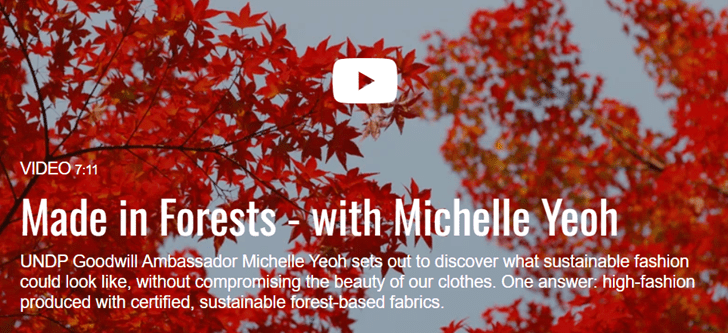
In a sign of progress, Mango, one of Europe’s leading fashion groups, has launched a new road map called Sustainable Vision 2030, to reduce environmental and social impact.
Currently, 75% of Mango garments have sustainable properties and Mango has made progress with the incorporation of alternative fibres with a lower environmental impact within its collection. At present 90% of the cotton is more sustainable, 29% of the polyester used by the company is now recycled and 63% of the cellulose fibres are of controlled origin.
The Spanish fashion designer María Lafuente has developed a capsule collection of six dresses made entirely from PEFC-certified Tencel fabrics, supplied by Textil, the first producer of cellulose fabrics worldwide to obtain PEFC chain of custody certification.
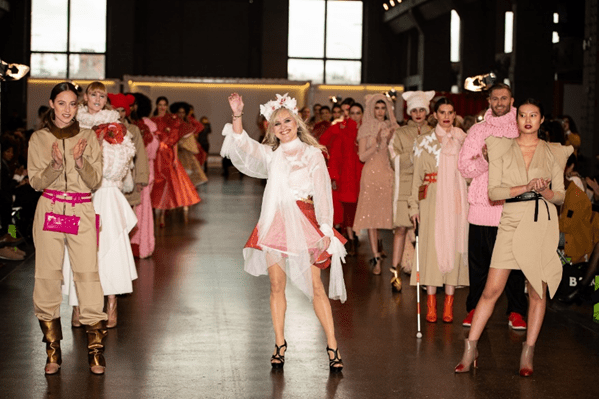
“It is our responsibility to promote fashion that respects life so we can contribute to a harmonious and sustainable society,” highlighted María Lafuente.
“We create, work and produce ethically and sustainably, always selecting environmentally friendly materials,” she added.
Entering into the sustainable fashion foray, Salvatore Ferragamo, the Italian luxury goods company, has developed the Earth Top Handle Bag, a re-interpretation of the iconic Top Handle bag that obtained the ISO 14067 – Product Carbon Footprint certification. To ensure the carbon neutrality of the project, Ferragamo has committed to protecting 1,200 ha of PEFC-certified cork forest in Tuscany. Managed by Rete Clima, the absorption of CO2 produced by this local action is equivalent to the amount of greenhouse gas emissions generated from the production of 500 pieces of the Earth Top Handle bag.
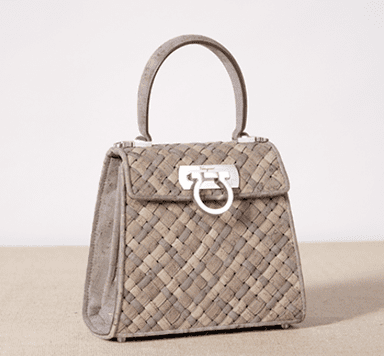
An Opportunity for Fashion Brands
There is an incredible opportunity for fashion brands to shape both the way the industry functions and how consumers make value-based purchases. Though the task may seem complex, guides like the PEFC sustainable policy guide can aid brands and retailers in easing into this process.
The PEFC is also offering an exciting line-up of events where brands can witness first-hand the forests of Europe and Asia. Initial signups are now open for 2023 and 2024 forest field trips offering an incredible opportunity to connect with nature and witness sustainable forest management in action.
The tide is turning. By prioritising sustainability and instilling responsible practices at the source, fashion brands can not only achieve their sustainability goals but also contribute to a brighter future for our planet. In doing so, they set a powerful example, reinforcing the idea that doing what’s right is not just a choice; it’s the epitome of style and responsibility.
https://www.bain.com/insights/how-brands-can-embrace-the-sustainable-fashion-opportunity/

